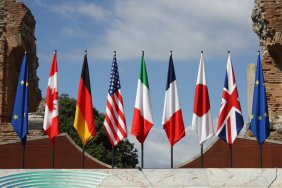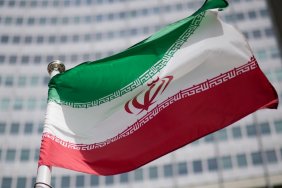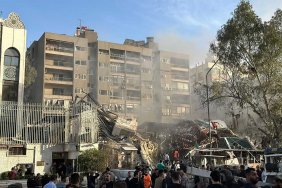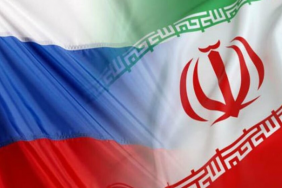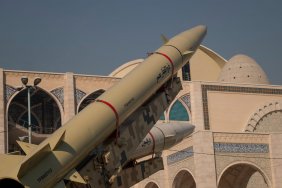Iran denies any connection to the stabbing of Salman Rushdie and holds the author and his supporters responsible for the attack that led to his life-changing injuries.
"Regarding the attack on Salman Rushdie, we do not consider anyone other than [Rushdie] and his supporters deserving of a conviction or even a trial, - Iran Nasser Kanaani, an official spokesman for the Foreign Ministry, told a televised press conference on Monday, the first public reaction of the country to the incident
"We haven't seen anything else about the person who caused this act other than what we've seen in the American media. We will categorically and seriously reject any link of the attacker to Iran," said Kanaani, according to Iranian state media.
Rushdie, a prominent Andean-born British writer, was threatened with death for decades after Iran issued a fatwa or religious decree calling for his assassination following the publication in 1988 of his book Satanic Verses. He spent nearly a decade living under British protection before moving to the United States in the last few years, and was repeatedly stabbed during an attack on a stage in western New York on Friday.
The suspect, identified as 24-year-old Hadji Matar of Ferv'y, N.J., pleaded not guilty Saturday to a second-degree murder charge and other charges. Although Iran did not officially comment on the attack last weekend, several hardline Iranian newspapers praised the suspect on Saturday, including the conservative newspaper Kayhan, which recognized Supreme Leader Ali Khamenei as its editor-in-chief.
A thousand bravo, a hundred blessings to God. You should kiss his hand... Bravo to the warrior and the servile person who attacked the renegade and traitor Salman Rushdie. The warrior's hand should be kissed. He tore a vein on Rushdie's tire," said the newspaper.
Another uncompromising newspaper, the Khorasan, published the headline "Devil on the Road to Hell," showing a picture of Rushdie on his legs.
Rushdie, the son of a successful Indian Muslim businessman, received his education in England, first at a rugby school and then at Cambridge University, where he attained a master's degree in history.
The publication of The Satanic Verses in 1988 made his name a household name and brought him notoriety. A year later, the Iranian leader Ayatollah Ruhollah Khomeini issued a fatwa against him.
The city for Rushdie was never sanctioned, but in 1998 the Iranian government tried to distance itself from the fatwa by promising not to try to enforce it.
But in February 2017, Iran's supreme leader, Ayatollah Ali Khamenei, confirmed the religious decree.
And in 2019, Khamenei wrote on Twitter that Khomeini's fatwa against Rushdie was "firm and irrevocable," which prompted Twitter to place restrictions on his record.

